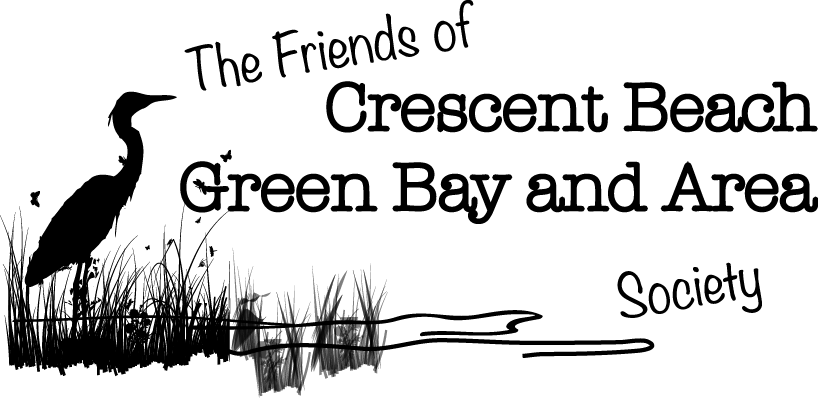The Nova Scotia government has granted Cermaq, the multi-national firm owned by Mitsubishi, “options to lease” six sites along the coast of Nova Scotia for open pen salmon farms. Visitors to their upbeat website are greeted by images and videos of smiling employees who, the website says more than once, are raising “happy fish” destined to become “Mother Nature’s super food”.
They mention their open pen fish farms in Norway and on the West Cost of Canada, but neglect to say that Norway prohibits new open pen fish farms and that our own federal government promises, in a wishy-washy sort of way, to phase out the West Coast farms because they are so environmentally destructive.
Will open pen fish farms impact local fisheries? Cermaq says “we don’t think so” ignoring scientific studies that show conclusively that lobster stocks and other native species can be severely damaged by the continual toxic outflow from open pens.
While the website says “we know that Atlantic salmon will eat most things they encounter” spokesperson Linda Sams says their salmon only eat the pellets they’re fed, not lobster larvae, because the salmon are “domesticated”.
And what about the pesticides and anti-antibiotics the fish are treated with? And the faecal matter from a typical farm which is equivalent to that of a city of 65,000? Don’t worry, Cermaq says, they only choose areas where the water movement carries the waste away. But, of course, there is no such place as “away”. Our ocean will be a cesspool for these farms.
Cermaq claims to be community minded and concerned for the environment, yet they insist on polluting our bays rather than building the far cleaner and safer on-land, closed pen farms.
There is more of this warm and fuzzy propaganda on Cermaq’s website. Take a look. Then spend a little time online researching facts.
The red lines on the following six maps delineate the six lease option sites grated to Cermaq by the Nova Scotia government:
